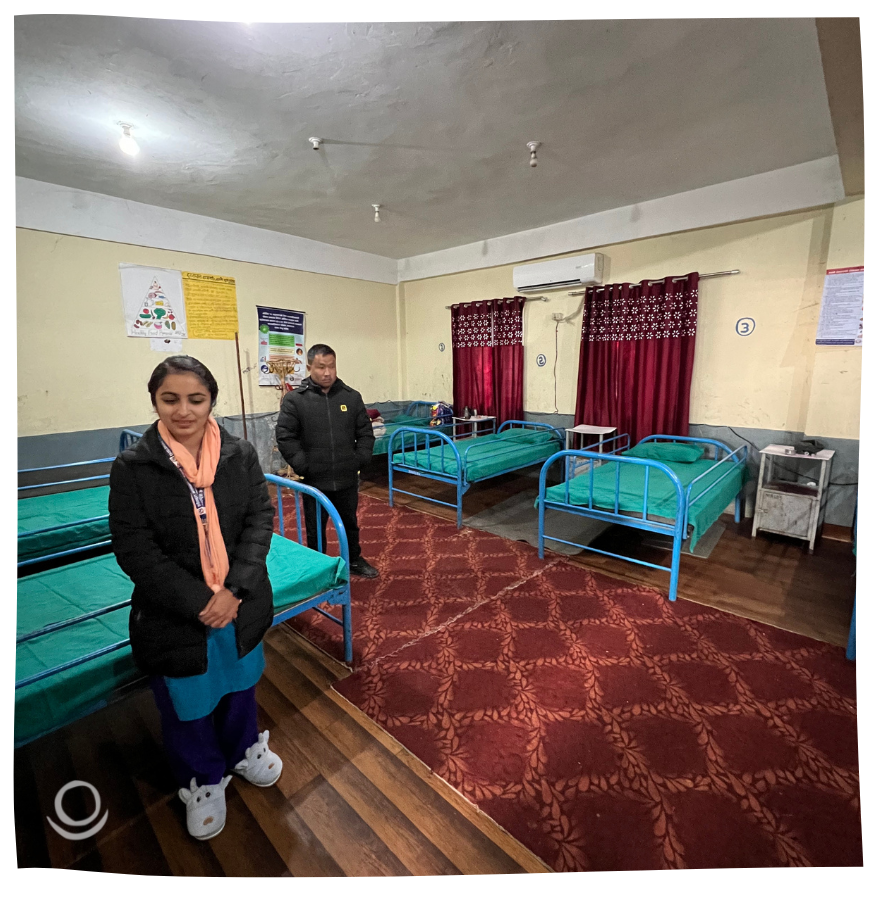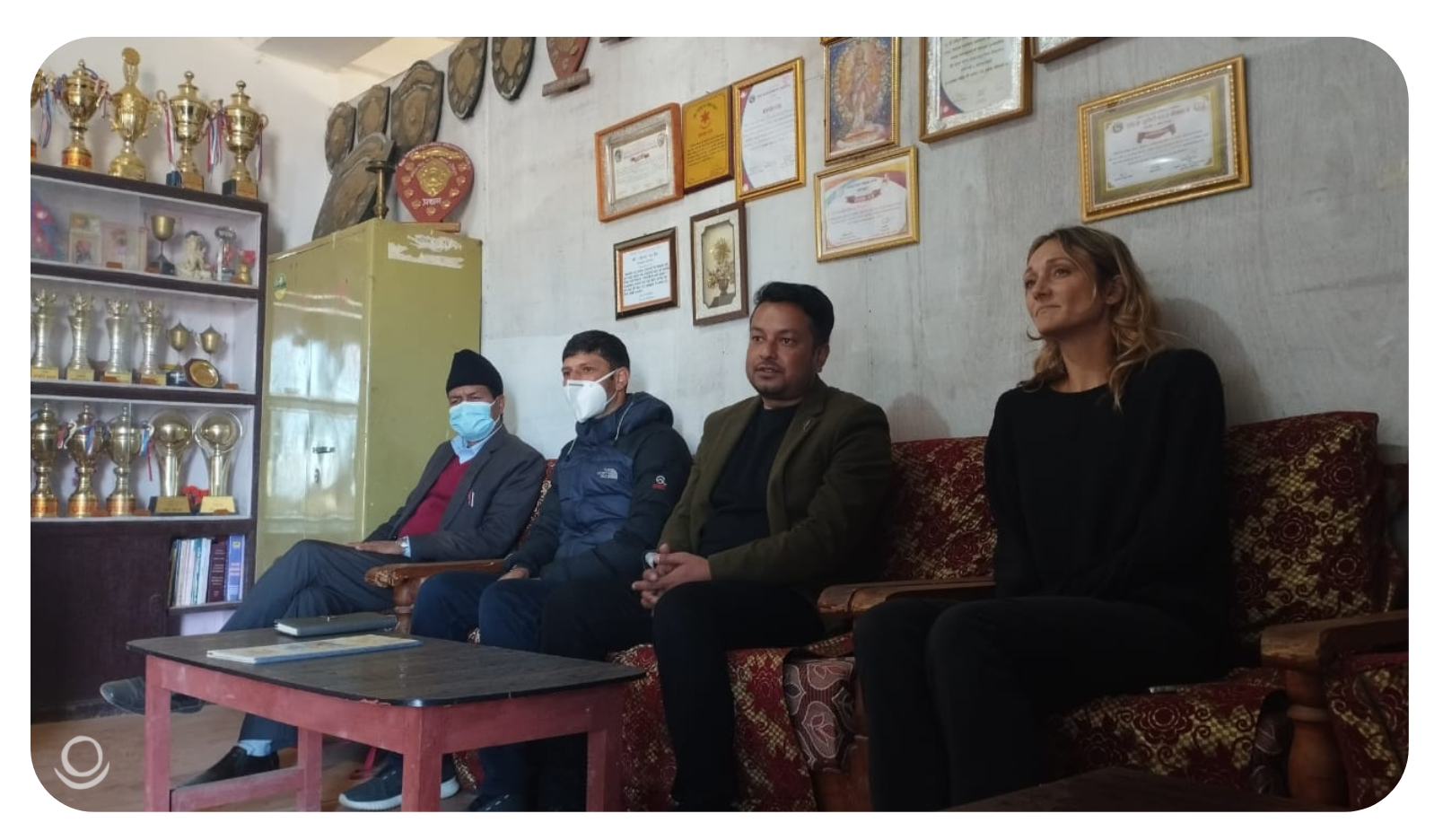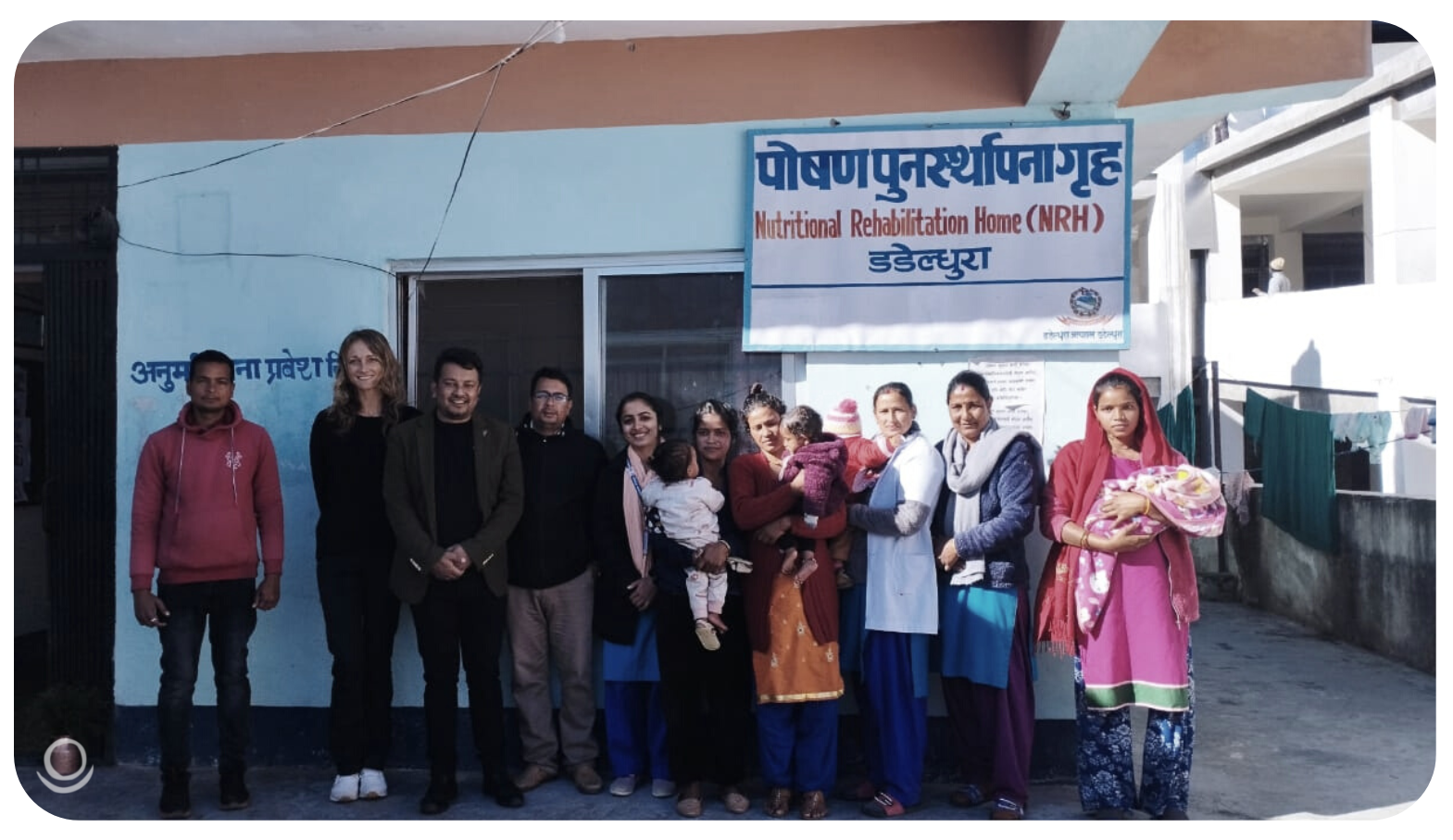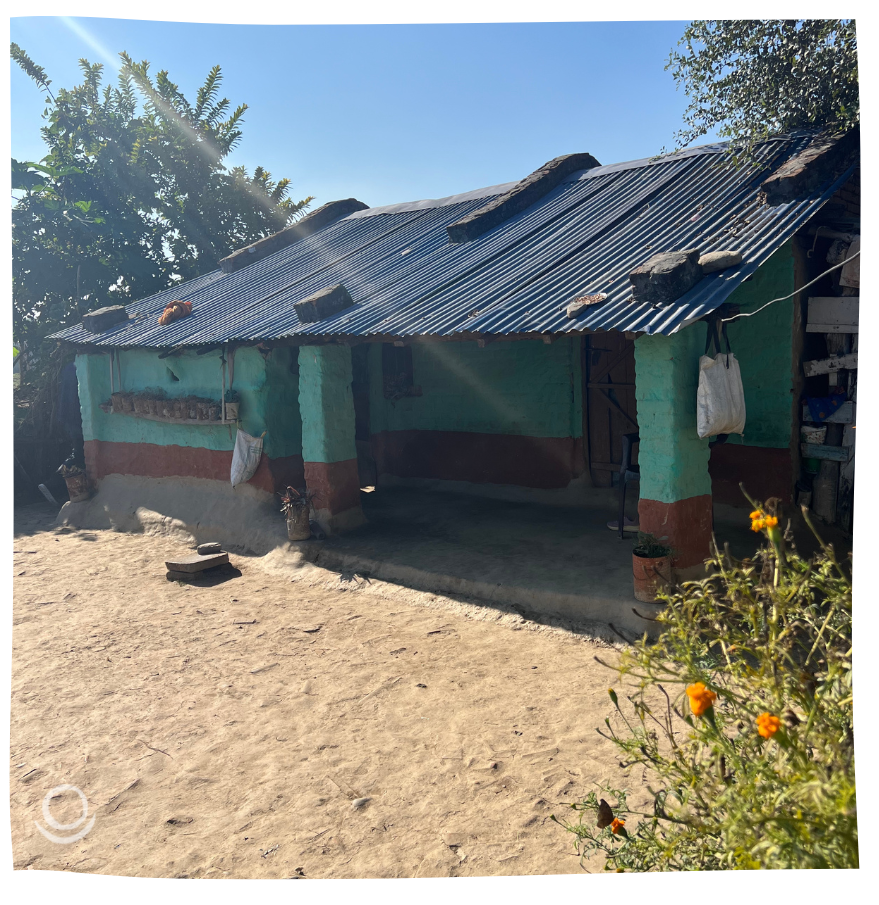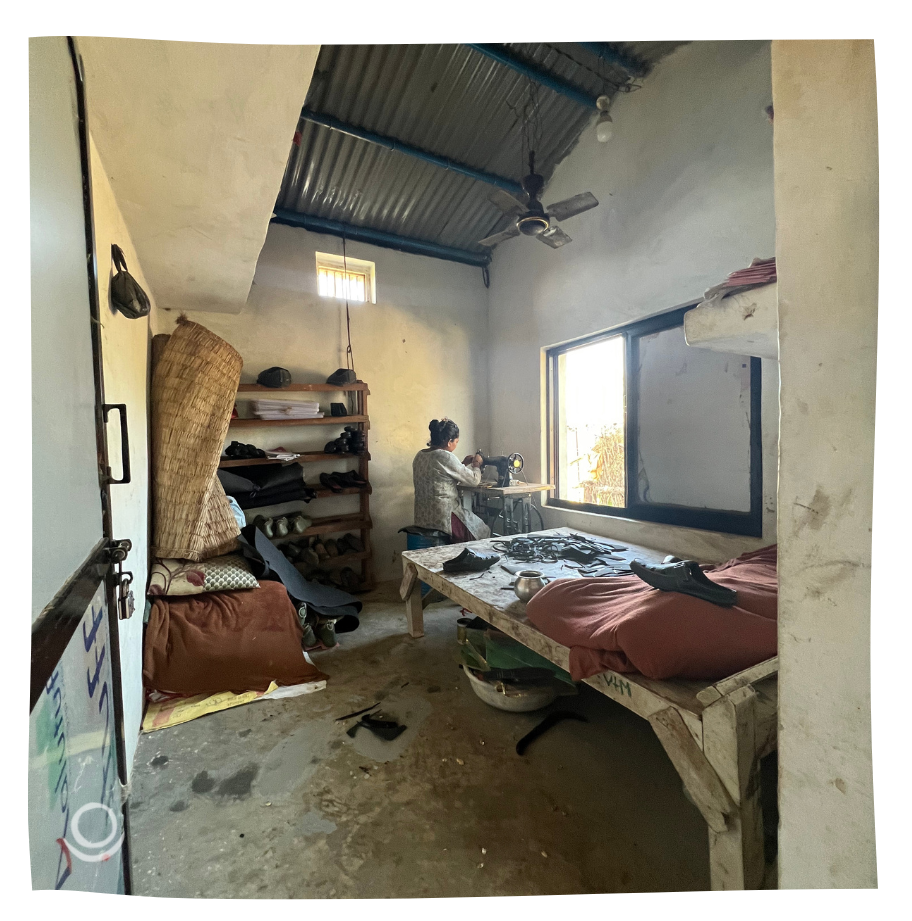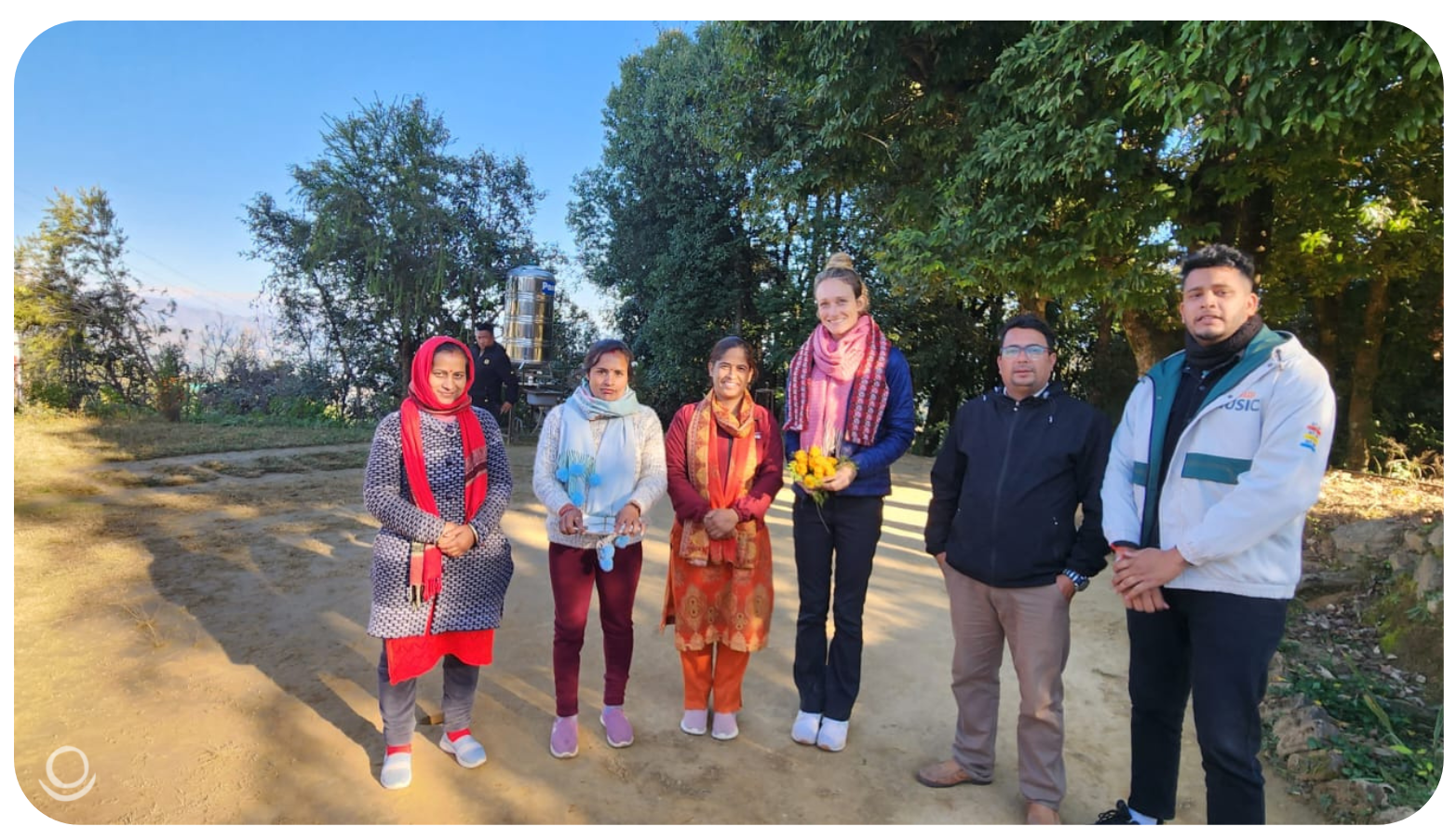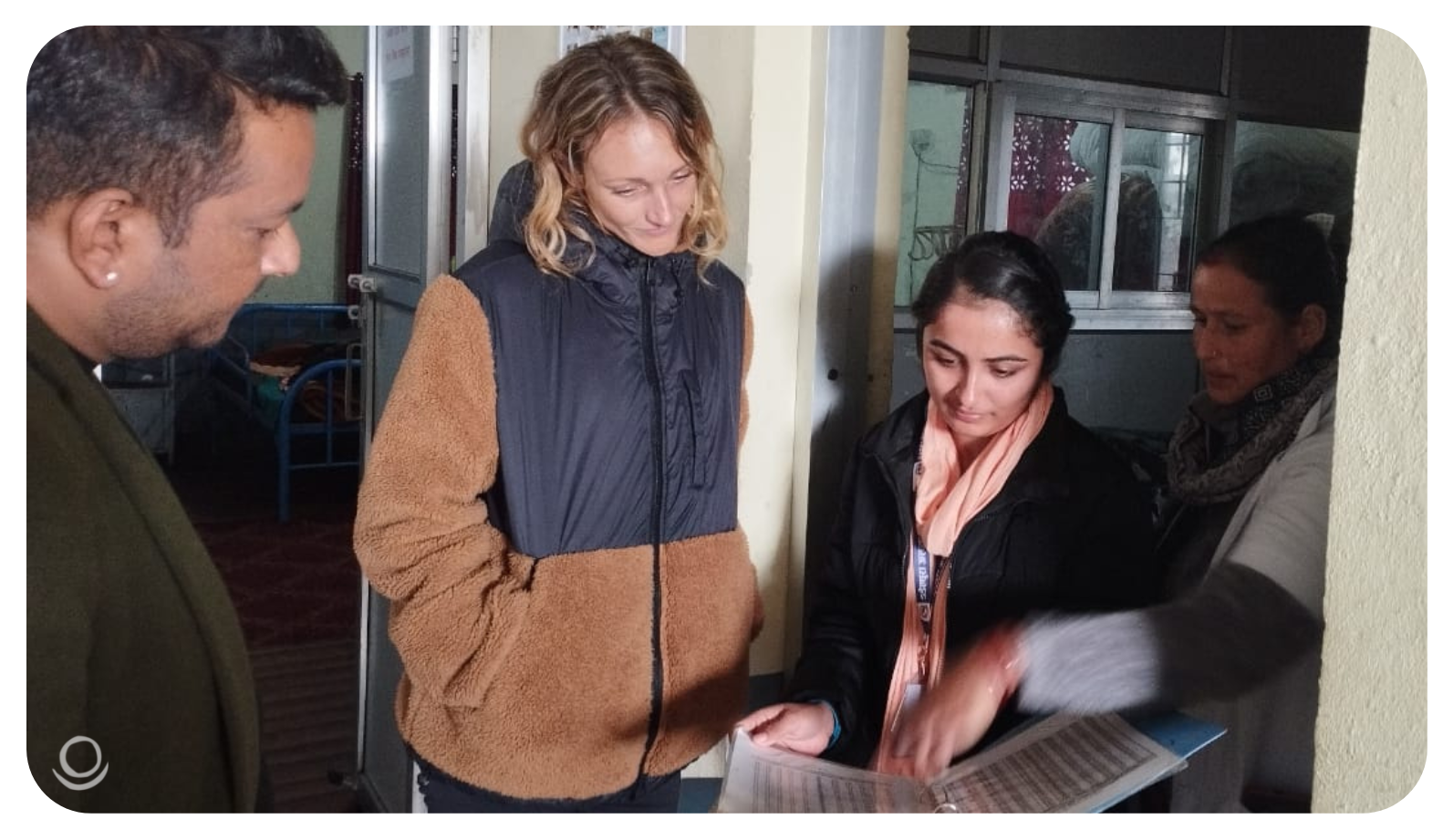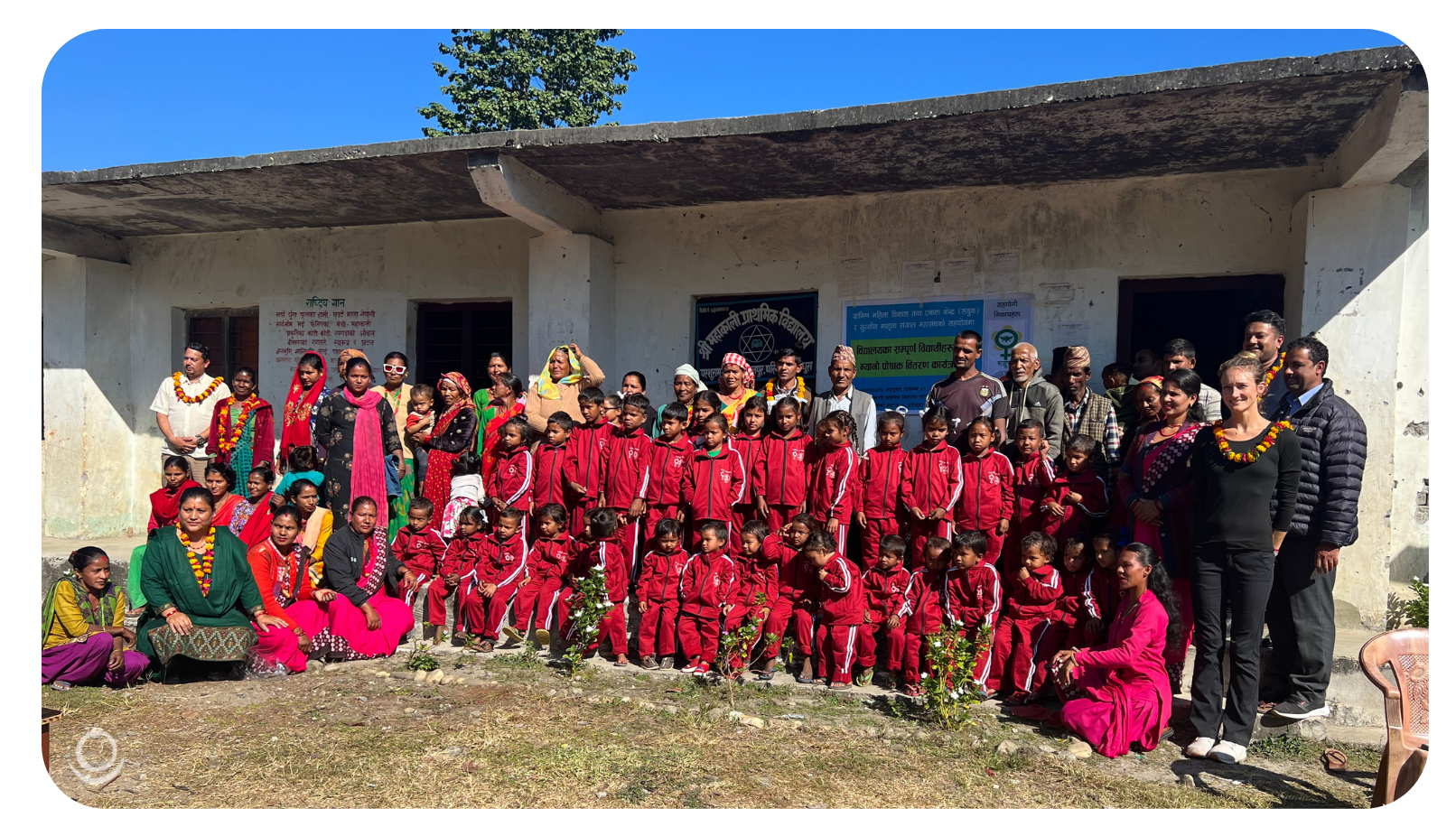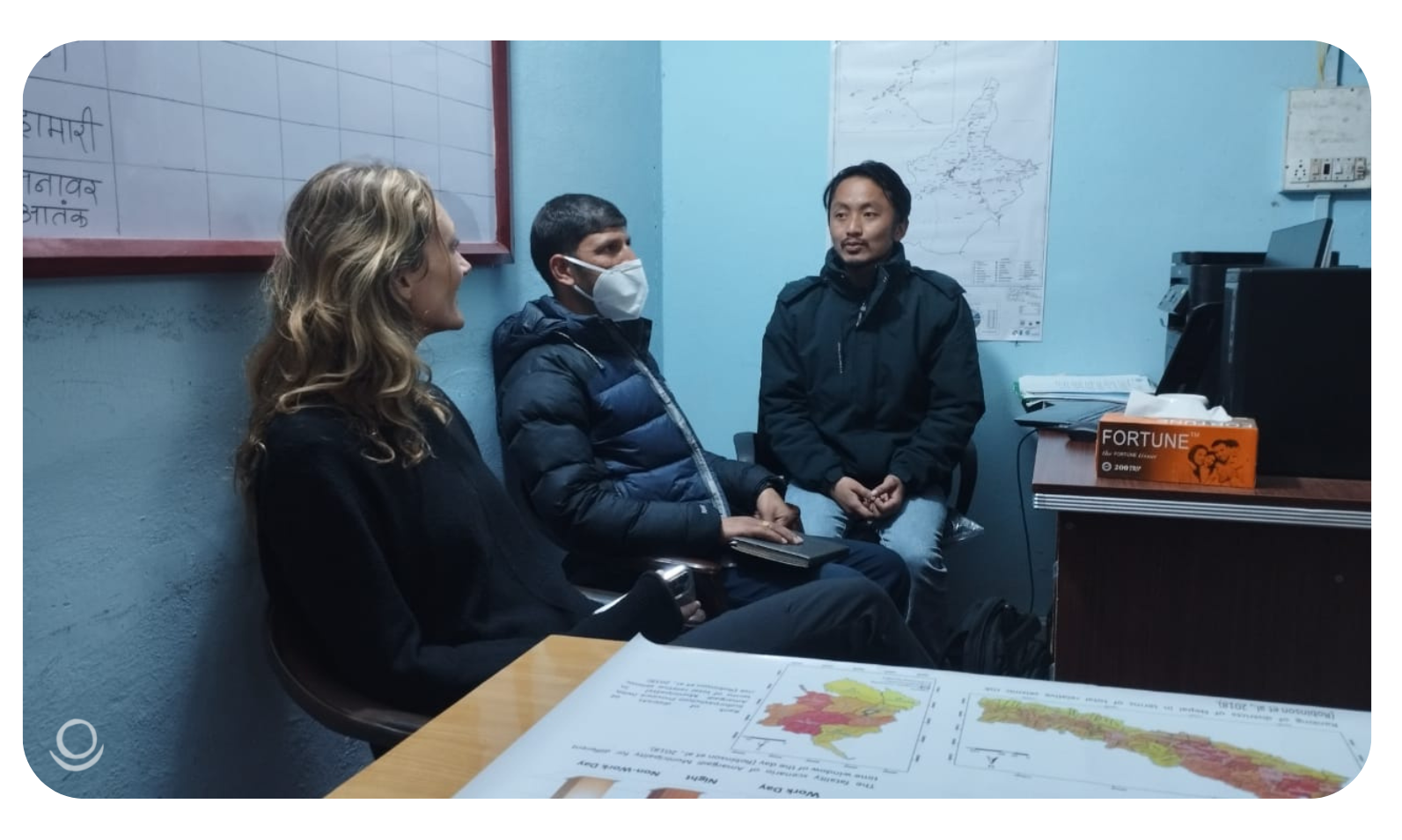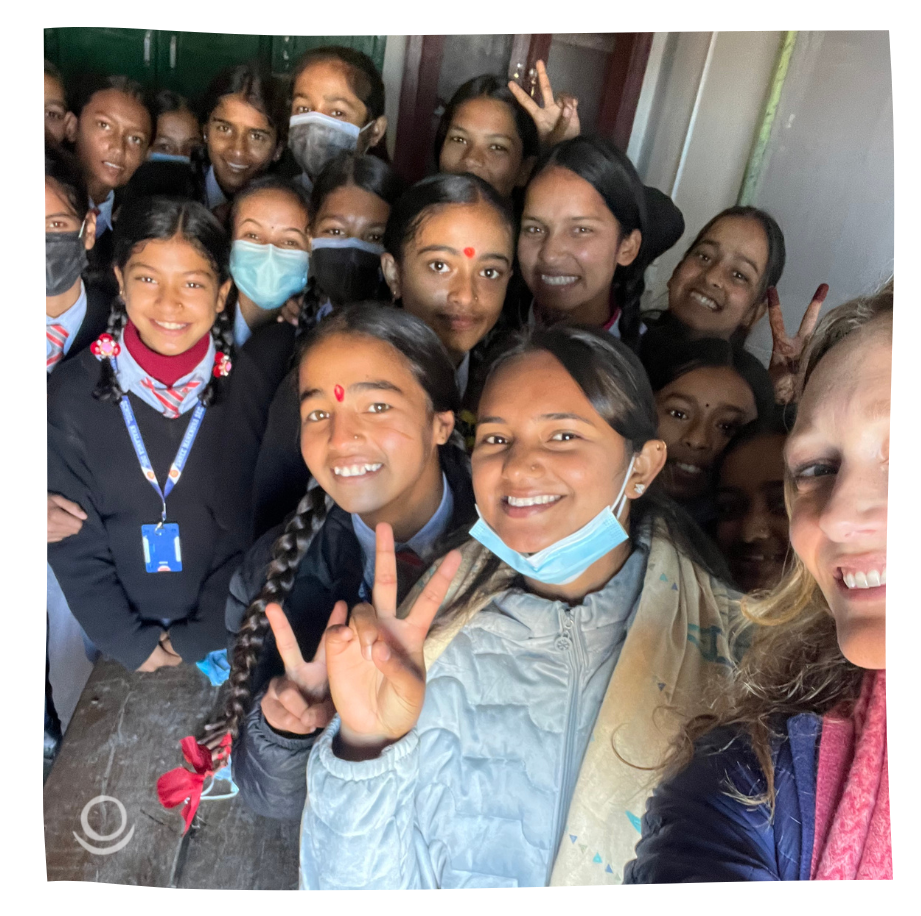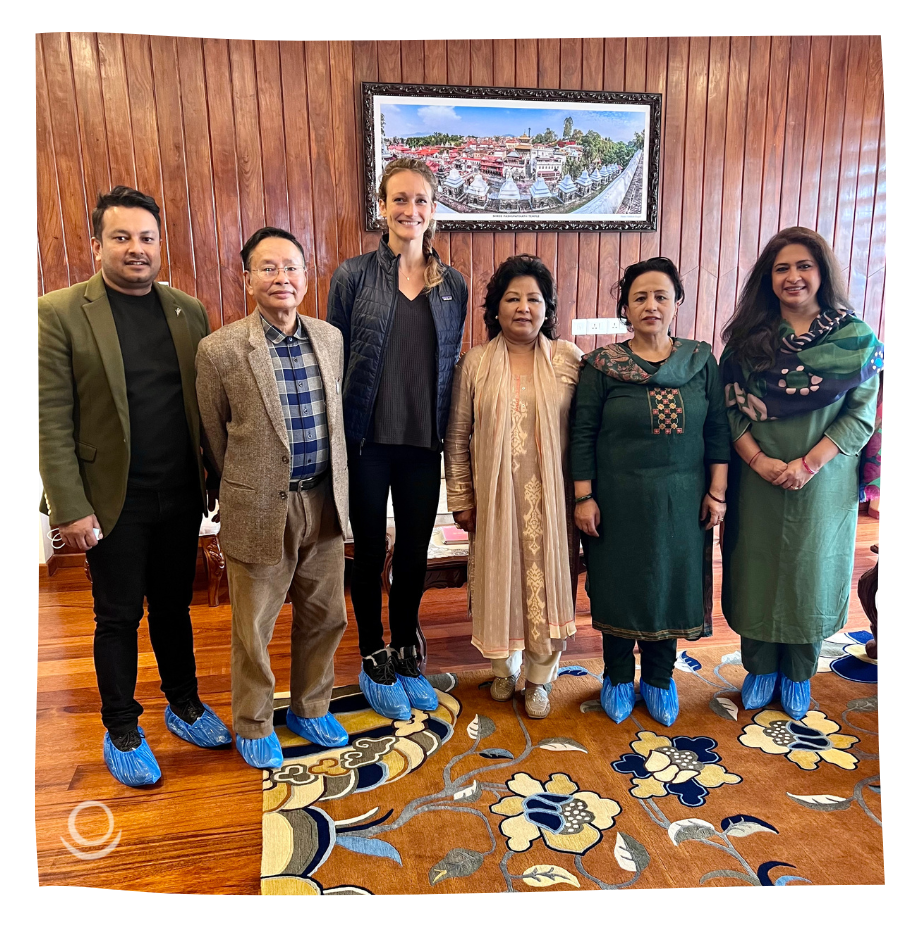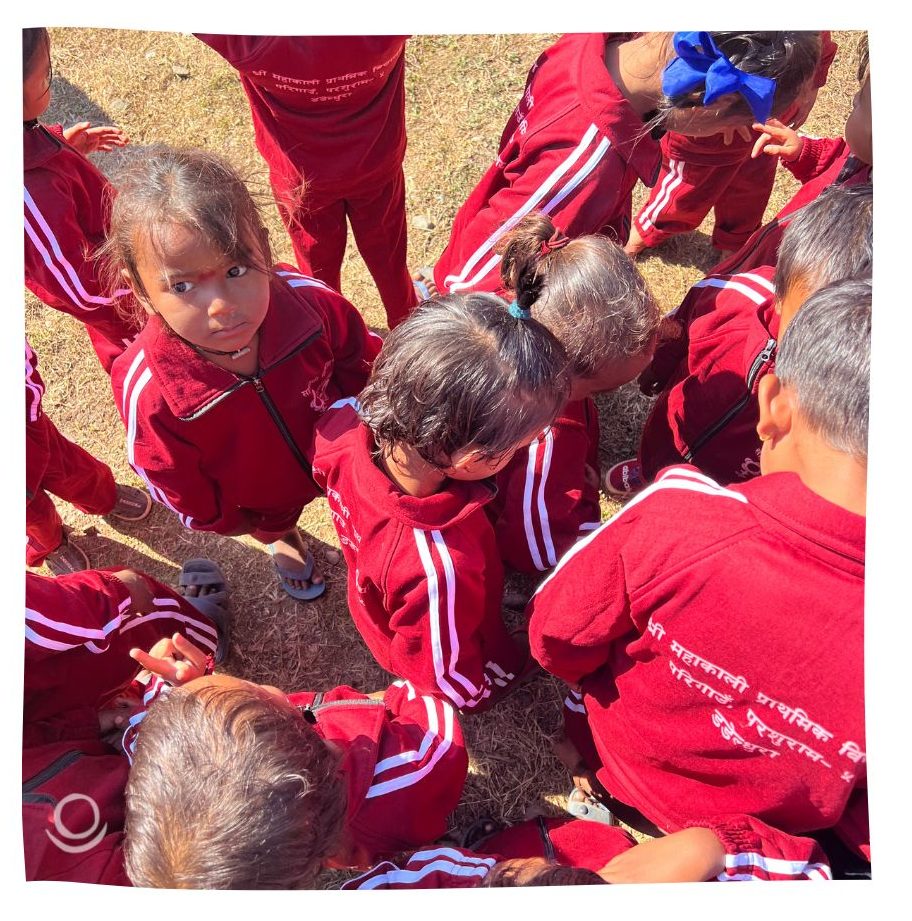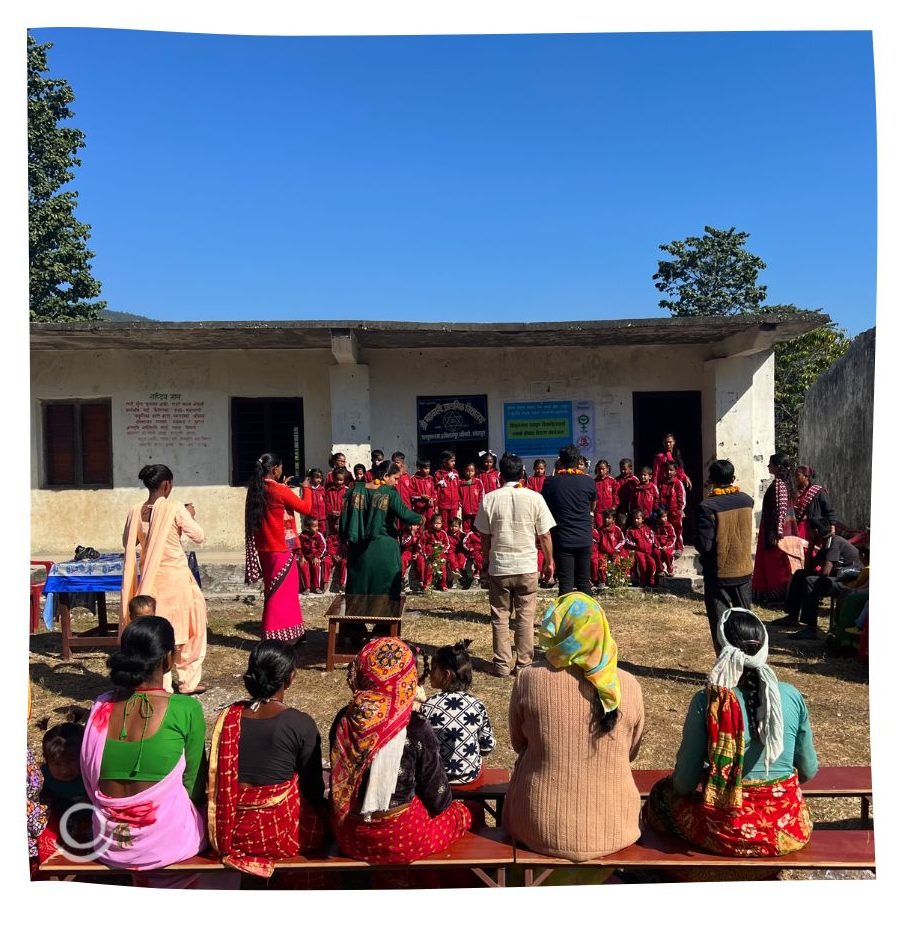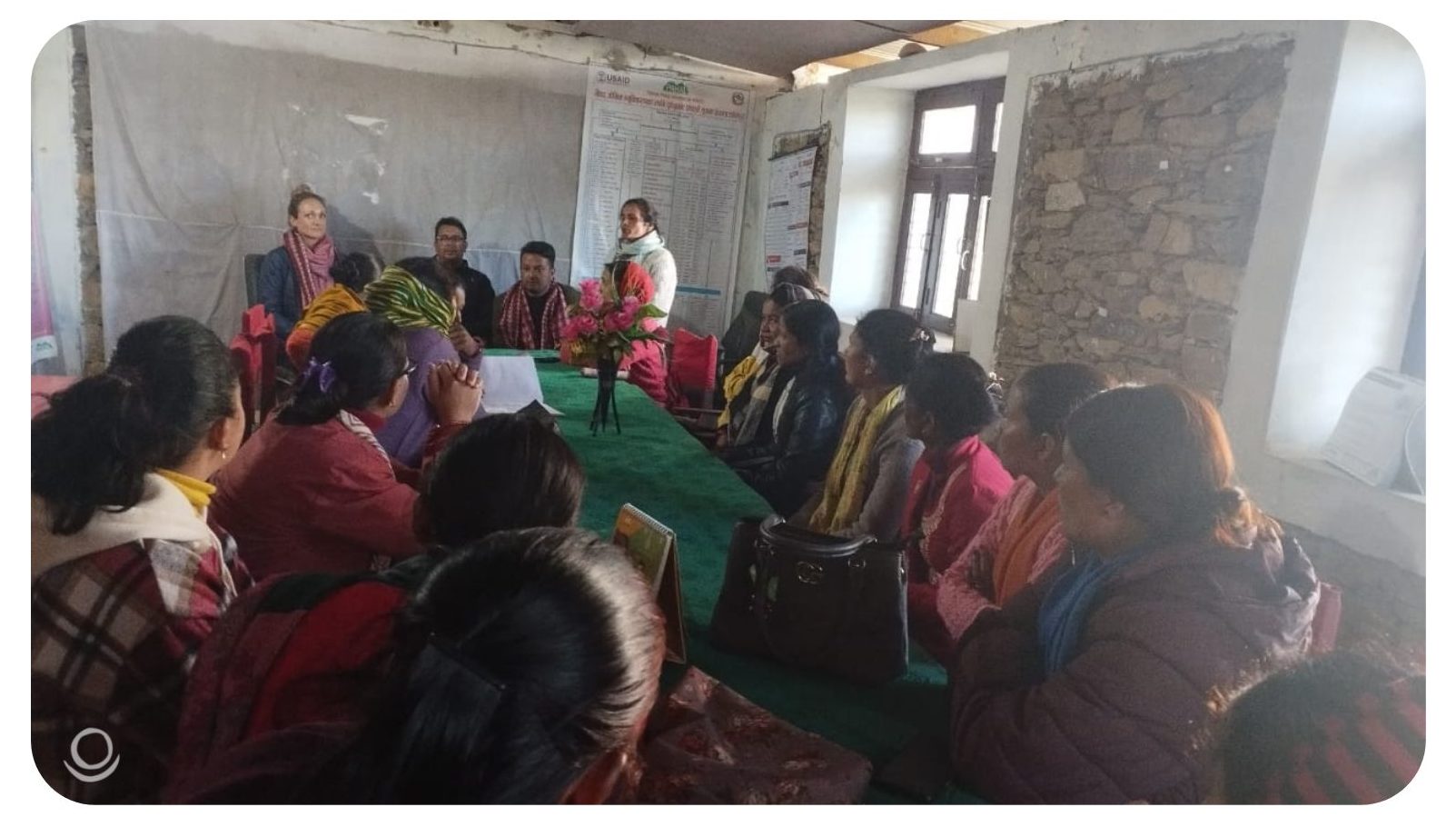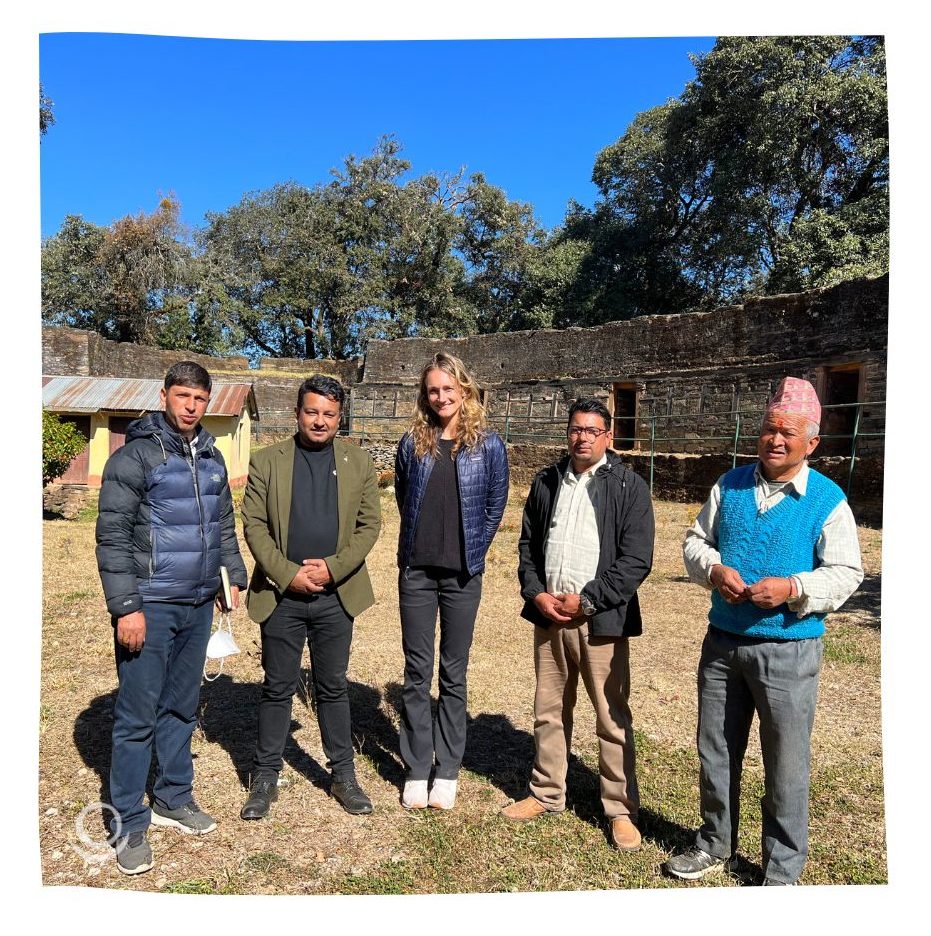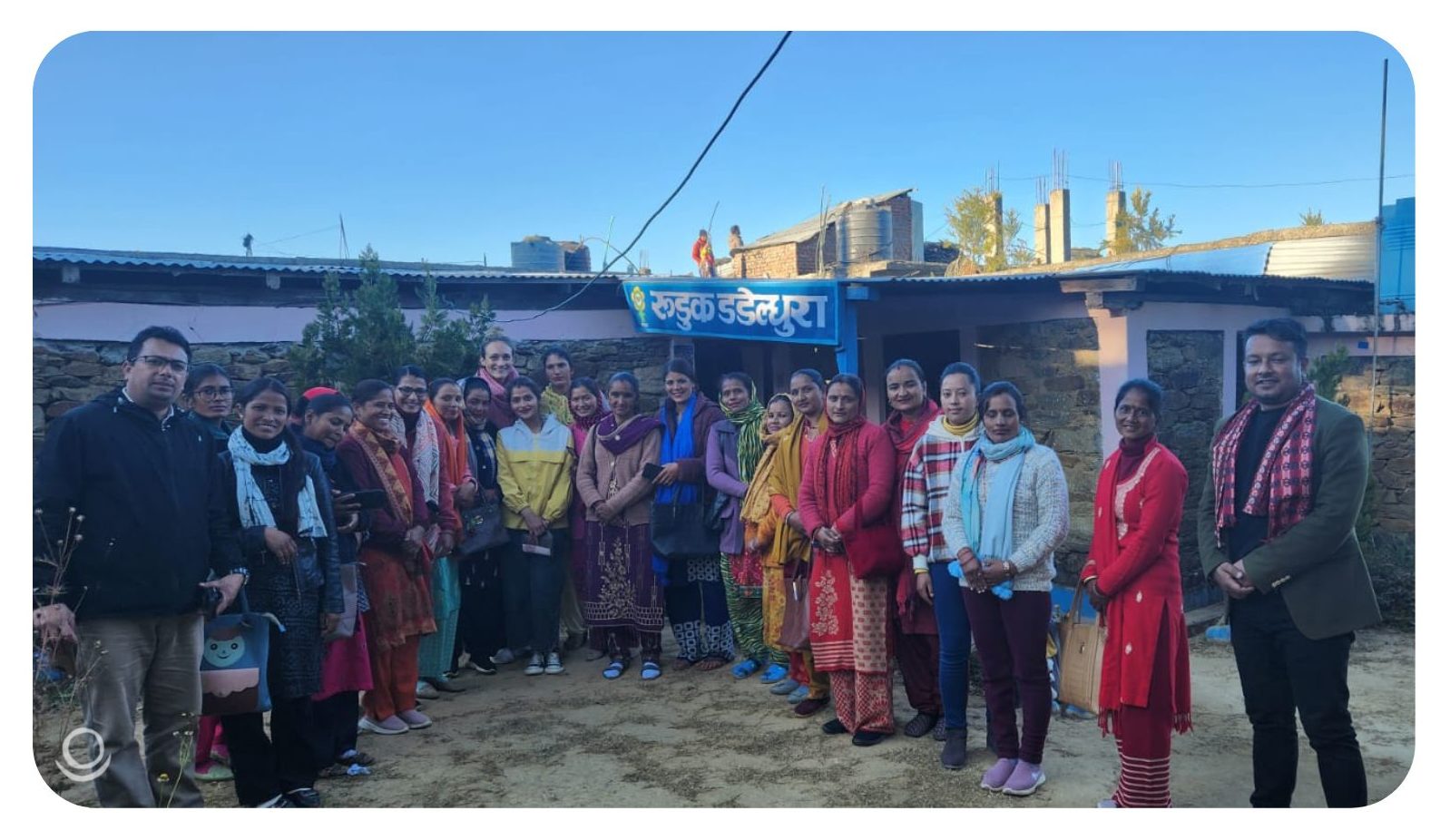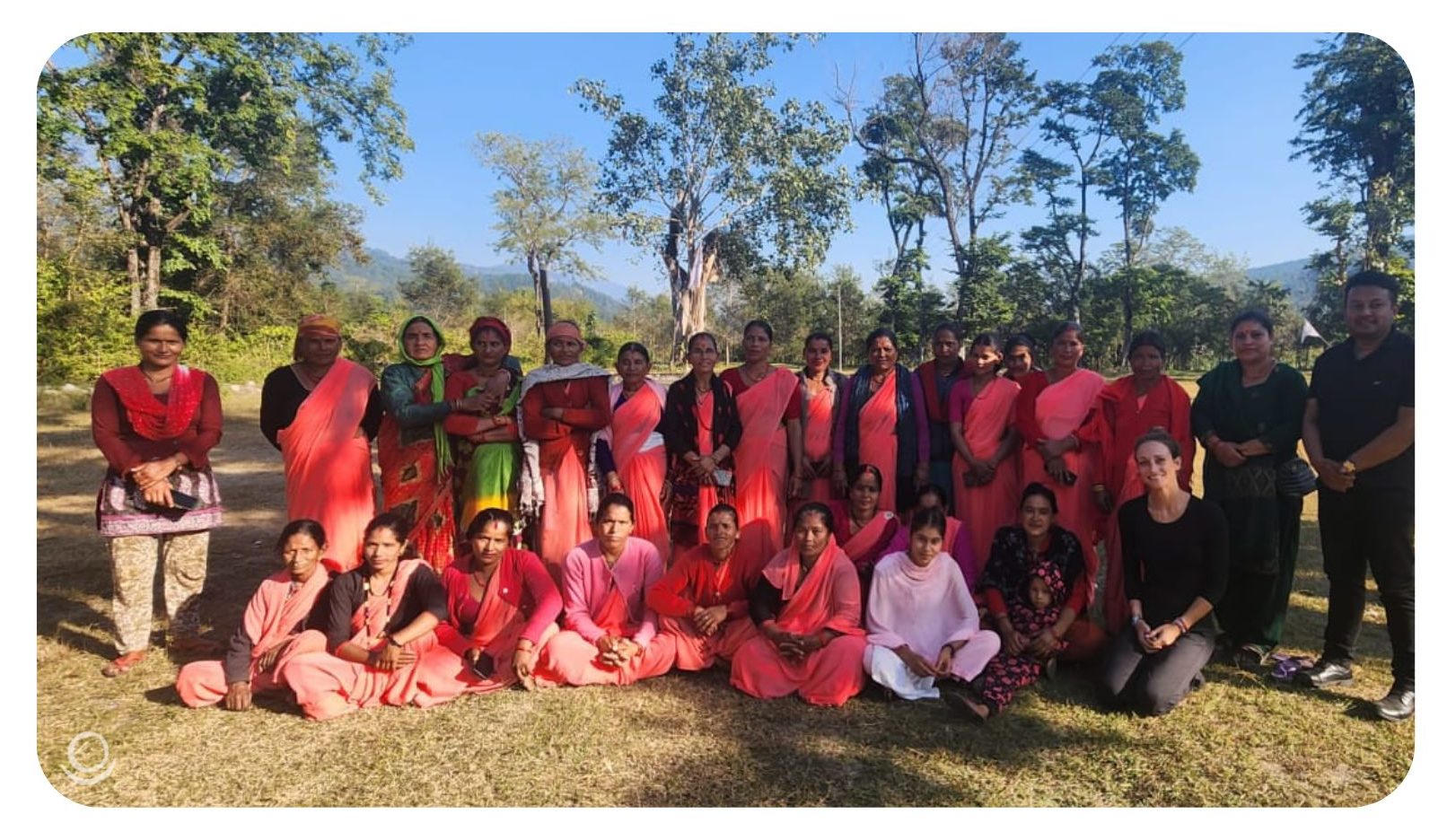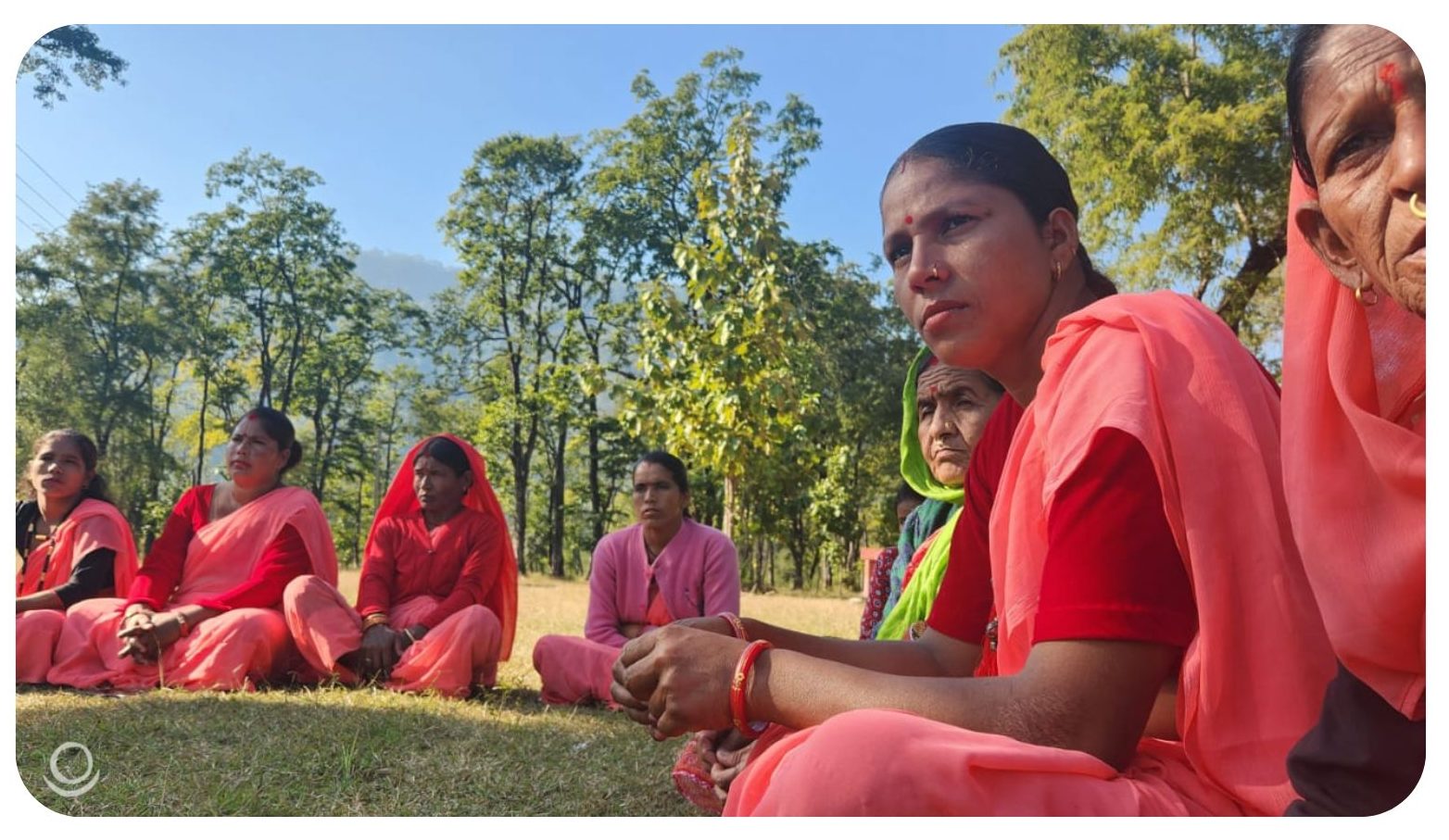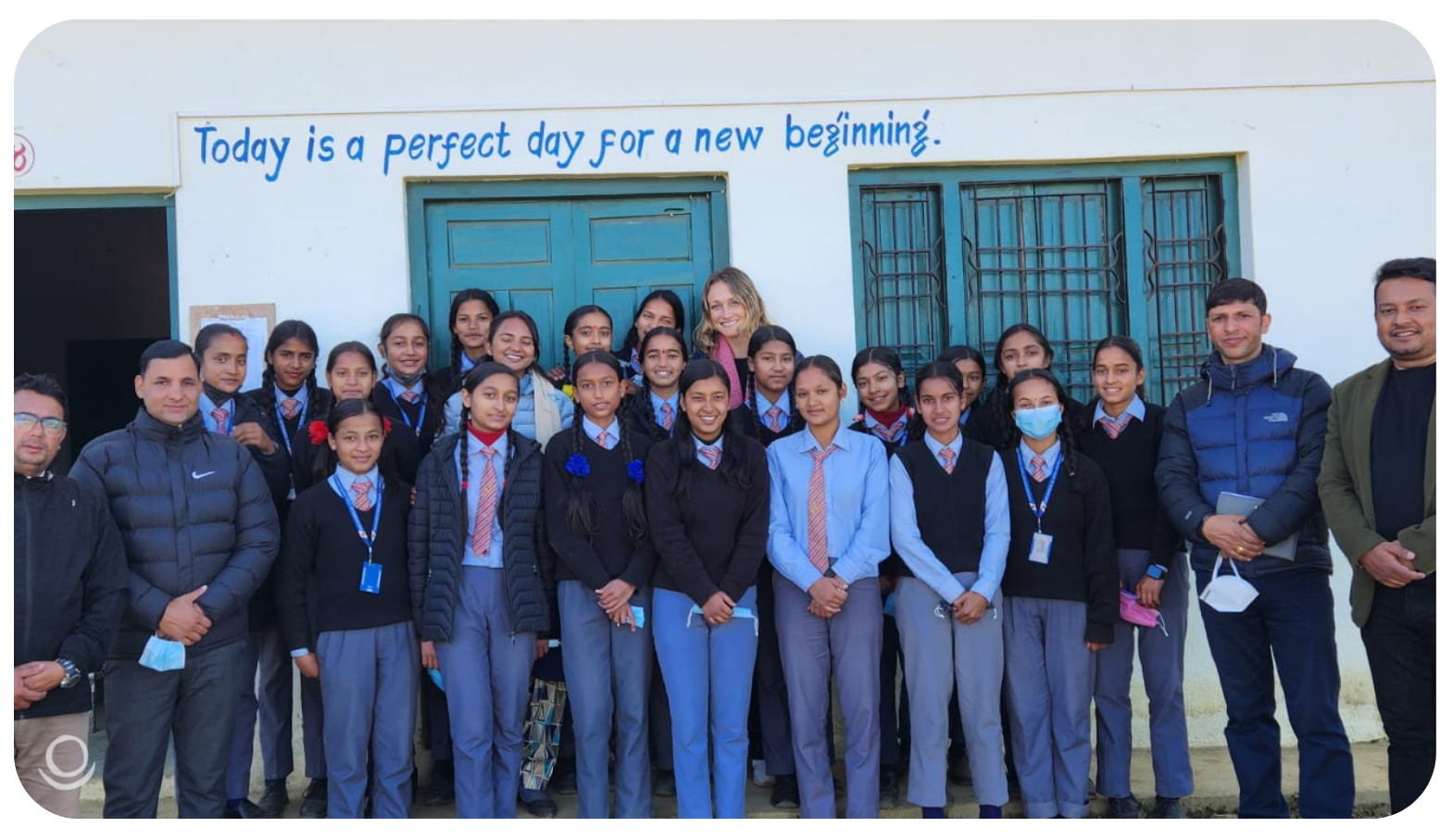How is Population Connection supporting RUWDUC?
Population Connection has supported 32 families affected from flood through RUWDUC. Also, Population Connection supported in reestablishing the community based flood early warning system which supports in disseminating the flood information in the downstream communities. Also, the Women Empowerment Centres have been supported for the sustainability approach. The Population Connection and RUWDUC have signed contractual agreement to implement Girls Education project which will address the issues of Chhaupadi Practice, develop Leadership skills Adolescent Sexual and Reproductive Health Program to Address Equity, Girls Education, Social Determinants, Gender and Human Rights in Nepal.
Can you address the inadequacy of public schools and technical training efforts in Nepal?
Lack of subject teachers is one of the reason for the poor show of the students. Large numbers of public schools lack subject teachers mainly in technical subjects.
- Inadequate funding
- The apathy of the political leadership and the Education Ministry also is to blame for the poor show of students from public schools
- Detachment from digital learning, systemic problems such as the repetition of the same question papers in board examinations, and the lack of students in different departments.
- Lack of mobilization
- Inadequate workshops/laboratories for training
Do you have any lessons to share on the impact of climate change on the health of women in Nepal?
In Nepal, vulnerability and adaptive capacity were firmly shaped by the structural inequality of gender, caste/ethnicity, and age. People’s experiences and risk perceptions varied by different adaptive capacity, including location, economic status, educational levels, and access to information and technology. Vulnerable people, including poor women and lower caste/minor indigenous groups, struggle with on-going economic crises other than climatic changes. Unlike biased views, some vulnerable people resisted against climatic and economic crises with their indigenous knowledge and networks. In the context of climatic changes, gendered responsibilities, space, and access to resources changed with women’s decision-making power and limited control over resources exacerbated.
While many men were free from climatic and economic risks due to their migration or engagement in labor work, women left at home took double responsibilities and were still exposed to both risks. Poor uneducated women particularly suffered from food shortage and financial burdens. It has been observed that without transforming unequal power relations, vulnerable men and women will fell into further deficit. The climate adaptation policies that fail to challenge unequal power relations in everyday life may exacerbate the existing structural inequality and generate long-term food insecurity problems. This dissertation calls for urgency that policy makers recognize and integrate the actual implications of gender and climate change.
How do you hope RUWDUC’s programs expand in the next few years?
RUWDUC has developed Five Years Strategic Plan (2021 – 2025) considering the vision, mission, goals of the organization. RUWDUC also follows Community Need based approach considering the Sustainable Development Goal.
Have you experienced the impacts of climate change in your community (intense heat waves, droughts, floods, etc.)?
Yes. The Basin level communities on RUWDUC’s project area mostly face floods, fire in the jungle.
How is your organization adapting to climate impacts in your community?
- Setting Community Based early warning system
- Water supplies and their security
- Off seasonal vegetable farming
- Plantation which supports in income generation
- Policy level changes: Sand and Gravel Mining guideline, Fishery Guideline, Sanitation plan, etc
In what capacity do you collaborate with the local, provincial, or federal government in your program planning?
- Project designing
- Project Approval and Project area selection
- Project work schedule
- Implementation and Monitoring and Evaluation
- Policy level advocacy and changes
- Policy adoption
- Ownership
- Sustainability plan
- Handover process
You work in western Nepal, what are the societal or religious customs that create barriers in your work?
- Chhaupadi Practice
- Patriarchy system
- Women not allowed to go outside for work in remote areas
- Leadership skills not in practice (Elected women representatives)
- Child Marriage
- Lack of education and knowledge
- Lack of family planning
Is abortion legal in Nepal?
Abortion law in Nepal: The pregnancy must be under 12 weeks of gestation. If the woman is above 16 years of age, she does not require the permission of her husband or her guardian. In the case of rape or incest, the pregnancy must be under 18 weeks of gestation.




